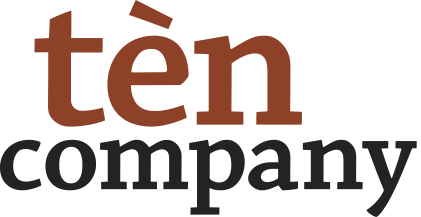The true cost of regretted losses

The labor market is extremely tight in many places. It’s more important than ever to prevent your key people from leaving. These days, we hear that many of our business relationships could grow faster if only they had the right people to do the work.
Keeping the backdoor shut should be a top priority for most CEO’s and their HR leaders in this market. Where to start? Begin by discussing who is underperforming, who is performing at par and who are the ones that are outperforming on your team. The reality is that in most companies it’s just a very small group of people that are delivering most of the real value creation. In small companies this can be only two or three people. These are the people that are ‘special’. The former Human Resources boss of Unilever, Sandy Ogg, did some interesting work on this. During his time at Unilever, he analyzed Unilever’s 300.000 employees worldwide. They had to conclude that just 56! people were responsible for 90% of the value that the company created. Imagine, only fifty-six people creating 90% of the value of a giant global food company.
I recognize this from personal experience. When I was in corporate and leading our Benelux business with a 100+ consultants and coaches delivering the work. If I really thought about it, it was just a very small group of people that made the biggest difference.
Back to your company. Who in your company are special? The key people delivering most of the value? Now ask yourself:
- Do you know who the special ones are?
- How are they compensated?
- Should they perhaps get a pro-active raise?
- Are any of them at risk of leaving?
- Do you know them personally? And how often do you talk to them?
- What are you doing to develop these people even further? Could executive coaching be an effective tool?
In this context, I like the simplicity of the Keeper Test that Reed Hastings, CEO of Netflix, uses.
“If an employee comes to you and tells you that she has found a job elsewhere. Would you try to keep the person? Or would you be somewhat relieved?”
This is not about labeling people as good or bad. But in order to run the company, you need to have an ongoing insight regarding how your people are performing in the role they are doing. And that is the key here: in the role they are doing. A person that outperformed in her role three years ago, might be underperforming today. We easily let many other factors cloud our view on this. Why? Because we fall victim to inertia. Because it’s a difficult conversation to have. Because the timing is not right. Etcetera. But at the end of the day, it’s our responsibility to lead this process. It’s where we can make a difference.
Value creation happens through your special people. Take extra good care of them! Keep the backdoor closed as good as you can in this market.
Hope this inspires.
Paul Donkers
Paul P.J. Donkers is a sought-after global business coach and management consultant. More about his work and projects can be found via www.tencompany.org and via www.ikigaicoachinginstitute.com
Paul and his partners work since decades with leaders to assist them create more value. If you want to have a confidential conversation, just reach out to us via This email address is being protected from spambots. You need JavaScript enabled to view it.






